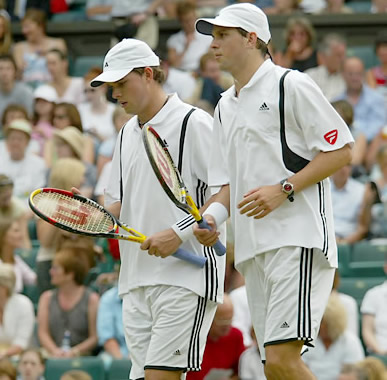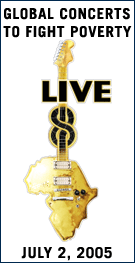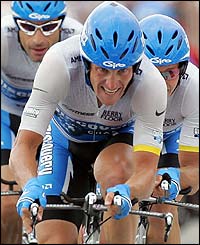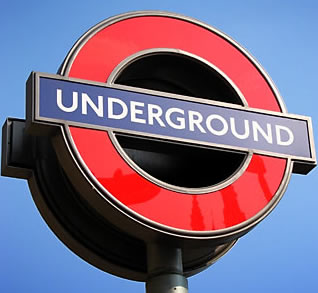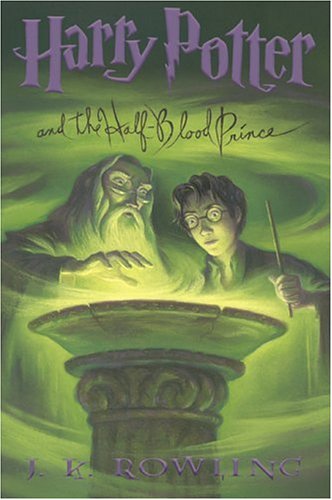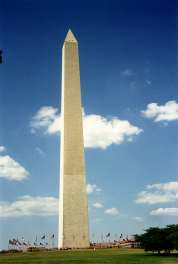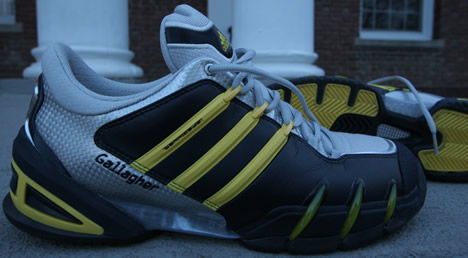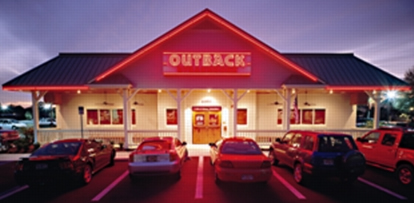One usually doesn't think of the USA Today editorial page as a likely source of wisdom, but today's edition has a spot-on take on the estate tax, one of my hot-button issues.
This tax is often disingenuously referred to by Republicans as the "death tax." This is altogether misleading because the deceased, of course, pay no taxes at all. Rather, their heirs are taxed on UNEARNED INCOME--that is to say, a windfall for which they did not work. Now I am not arguing someone should not be able to inherit wealth from an older generation, just that it's reasonable that the society that enabled the accumulation of said wealth get a reasonable share.
In the end, as the editorial correctly points out, we are talking about efforts to reduce taxes on the wealthiest 1-2% of Americans.
"Sob Stories Mask A Giveaway For The Super Wealthy"
When Factcheck.org, a non-partisan watchdog group, questions the accuracy of a political advertisement, it normally does so in dry language. It might call an ad "misleading," or even "inaccurate."
But when Factcheck focused on ads by an anti-estate tax group, the American Family Business Institute, it opted for more colorful prose, calling them "malarkey."
The word choice is a play on the name of the ad's narrator, World War II veteran Donald Malarkey. But it's also a dig at the ads' contents, which make it sound as if it's no longer safe to pass away. "When you die," one ad warns, "the IRS can bury your family in crippling tax bills. It can cost them everything."
What it doesn't say is that the vast majority of people listening won't even be taxed when they die. Nor does it say that most estate taxes are paid by the very wealthy.
After years of misleading arguments about how the "death tax" crushes farms and small businesses, supporters of a repeal are poised for at least partial victory.
As early as this week, the Senate could vote on a bill that would slash the top estate tax rate from 47% to 15% while increasing the amount shielded from the tax from $1.5 million to $3.5 million. The measure would cost the treasury about $196 billion over the next decade. That would require other taxpayers to make up the difference or add yet more debt to be paid off by future generations.
In April, the House of Representatives passed a measure that would replace the estate tax with a complicated capital-gains tax, making it likely that something will reach President Bush's desk this year or next.
These legislative successes show how disinformation campaigns can be enormously effective and how wealthy interests have been able to gain at the expense of others.
The estate tax falls mainly on very large estates, not mom-and-pop shops or family farms. Consider these facts:
• Just 1% of estates paid any estate tax in 2003, according to the IRS. Three quarters of the money raised from the tax comes from estates of more than $5 million.
•Although the top rate has been as high as 55%, and is currently 47%, the actual rates paid are much less, thanks to generous exemptions and the creation of trusts and other tax plans. According to the Tax Policy Center, the average estate is taxed at 19% of its value. Estates worth from $1 million to $2 million are taxed at an average of just 4.7%.
• Of the more than 18,000 estates paying the tax last year, just 340 consist primarily of a single farm or small business.
Some sob stories of family businesses hit hard do exist, but that hardly justifies slashing the taxes on heirs of vast fortunes.
The Senate measure, which is still being negotiated, would tax inherited wealth of millions of dollars at a lower rate than what a teacher pays on a $70,000 annual salary. It would also give inherited wealth a more privileged status than money made from hard work or putting capital at risk.
In fact, it would ensure that the easiest way of making money — being born into the right family — is the least taxed. That would be good news for wealthy heirs. But anyone who says it would be good for the economy or more fair is spreading, well, malarkey.
A sidebar presents the average tax rate paid on estates of various sizes:
$1-2 million: 4.7%
$2-3.5 million: 10.5%
$3.5-5 million: 20.8%
$5-10 million: 24.9%
$10-20 million: 27.1%
$20+ million: 21.8%
